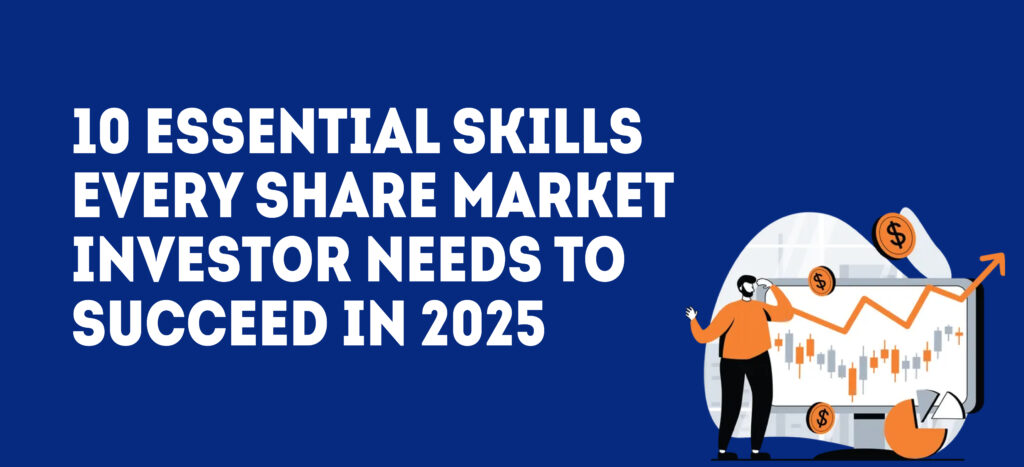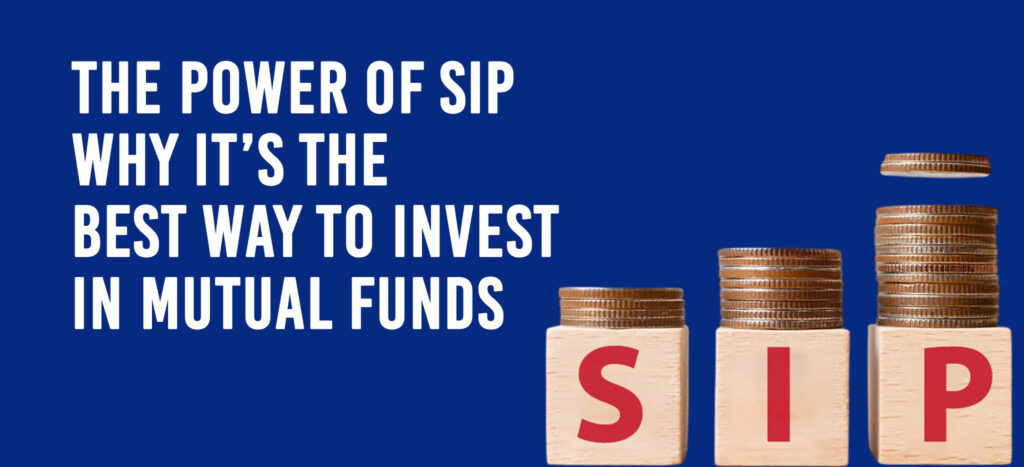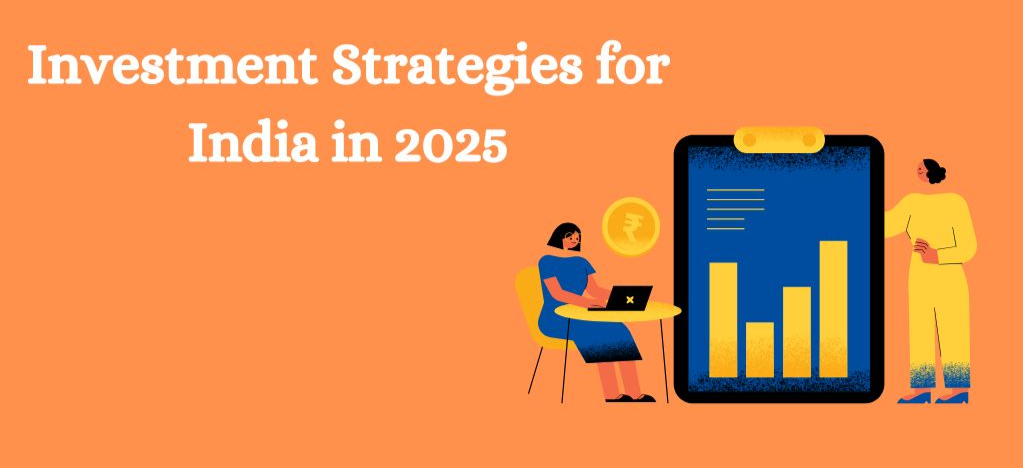Every share market in the world is responsive to socio-political, socio-economic, and various other changes. One of them is elections!
In India, the election is usually a big game. It impacts the state or the nation’s future and also affects the economy, although usually temporarily. And when it comes to a state like Maharashtra, elections get even bigger and more impactful.
The Election Commission of India recently conducted Vidhan Sabha elections in Maharashtra for 288 seats. So, before, during, and now, after the election, you must have seen various changes in the market. While some stocks went up, some fell.
But do you know why the market undergoes changes during the election? As a stock market trader or investor, you must know some possible reasons for it. Here’s more.
Pre-election Uncertainty
In a democratic setup, no one can accurately predict which political party will come into power. Of course, people make predictions. But nothing can be guaranteed.
As a result, elections bring a lot of uncertainty and therefore changes in the market!
Investors begin speculating about a change in government policy and react to those possible changes by either buying or selling stocks from various sectors. These transactions result in changes that lead to drastic up-and-down movements.
Impact of Election Outcomes on Market Sectors
Elections can also impact particular sectors based on who wins.
Sector-Specific Performance
Some sectors may benefit while some may suffer based on which political party wins.
For example, a particular political party may focus on industrial growth, while others may target other sectors like tourism, education, etc.
So, if the party favoring industrial growth wins, companies from the manufacturing sector may see a stock price hike. However, if the other wins, enterprises from the other focus sectors may see their graph travel up.
On the other hand, a particular party may bring several regulatory changes across the pharma, energy, or environment industries. Based on how those changes benefit those industries or cause losses, their stock prices will be affected.
Government Spending
Each party contests elections and wins them based on its commitments and agendas.
For instance, a particular party may intend to strengthen the defense sector after winning the election. Whereas, some others may focus on public infrastructure like railways, transport, and construction.
Stocks of a particular sector go up and down based on a party’s spending agenda. For example, if defense is a party’s priority, companies in the defense sector will see more investments flowing in.
Impact of Tax and Economic Policy Changes
Election results often bring potential changes in taxation laws, government spending, and economic regulations.
Reducing or increasing taxes can result in changes in corporate tax rates and new economic policies can affect corporate earnings and impact stock prices.
For example, reducing tax is usually considered a boost for corporate earnings, driving stock prices up. On the other hand, a tax increase can prove otherwise.
Investor Sentiment and Market Reactions
Investor sentiment, emotion, or way of looking at a particular company or sector drives market changes. Election results play a crucial role in it. Here’s what usually happens or stock market players can do in view of election outcomes.
- Diversification:
To control election-related market risks, investors may diversify their portfolios across various asset classes and sectors. - Avoid Emotional Reactions:
Investors must avoid making instant or emotional decisions. Instead, they must make informed and thoughtful decisions and focus on their financial objectives, rather than temporary ups and downs. - Stay Informed:
Investors must stay informed about the election process, candidates, and potential policy changes to predict market trends.
Short-Term vs Long-Term Market Movements
Elections are an important event in a country like India. While bringing socio-political changes, they can impact economies as well. These changes can be short- or long-term depending on what the new government plans to do and how it implements everything it has committed or promised. Here’s what happens after elections.
- Post-Election Market Movements
Once elections are over and the results are out, the stock market movement starts settling down. Particularly, after a clear election result, markets often stabilize. However, if none of the parties have achieved a majority and are unable to form a government, the markets will continue to be unstable, resulting in changes. - Historical Trends
Let’s take the example of the Lok Sabha election held earlier this year.
On the 4th of June, the 30-share BSE Sensex dropped by over 3,300 points to close at 73,156.91 points. However, on the 9th of June, after Mr. Narendra Modi was sworn in as the PM of India, the Sensex crossed 77,000!
Sources
https://www.thehindubusinessline.com/markets/stock-market-highlights-10-june-2024/article68269447.ece
https://www.hindustantimes.com/business/stock-market-live-updates-lok-sabha-election-results-2024-impact-on-market-sensex-nifty-bse-nse-shares-share-pricing-101717462772992.html
Smart and educator investors study these trends to make informed decisions. Besides, they study political party plans, their commitments, agendas, etc.
Understanding all these aspects can help you make informed projections and make wise decisions that can help you protect your investments.
Conclusion
Elections and the resultant changes in the market are part of your share market journey. You alone cannot control who wins the election. But you can at least stay informed and be patient, studying what’s happening in the market.
Elections and the resultant changes in the market are part of your share market journey. You alone cannot control who wins the election. But you can at least stay informed and be patient, studying what’s happening in the market.
Do you want to develop such expertise? Join Wealth Note’s share market classes in Pune and learn every important aspect of the share market.






